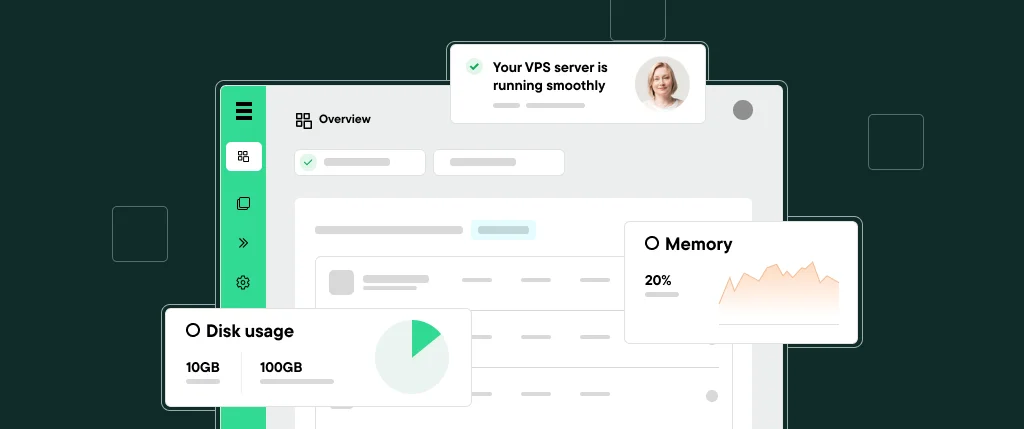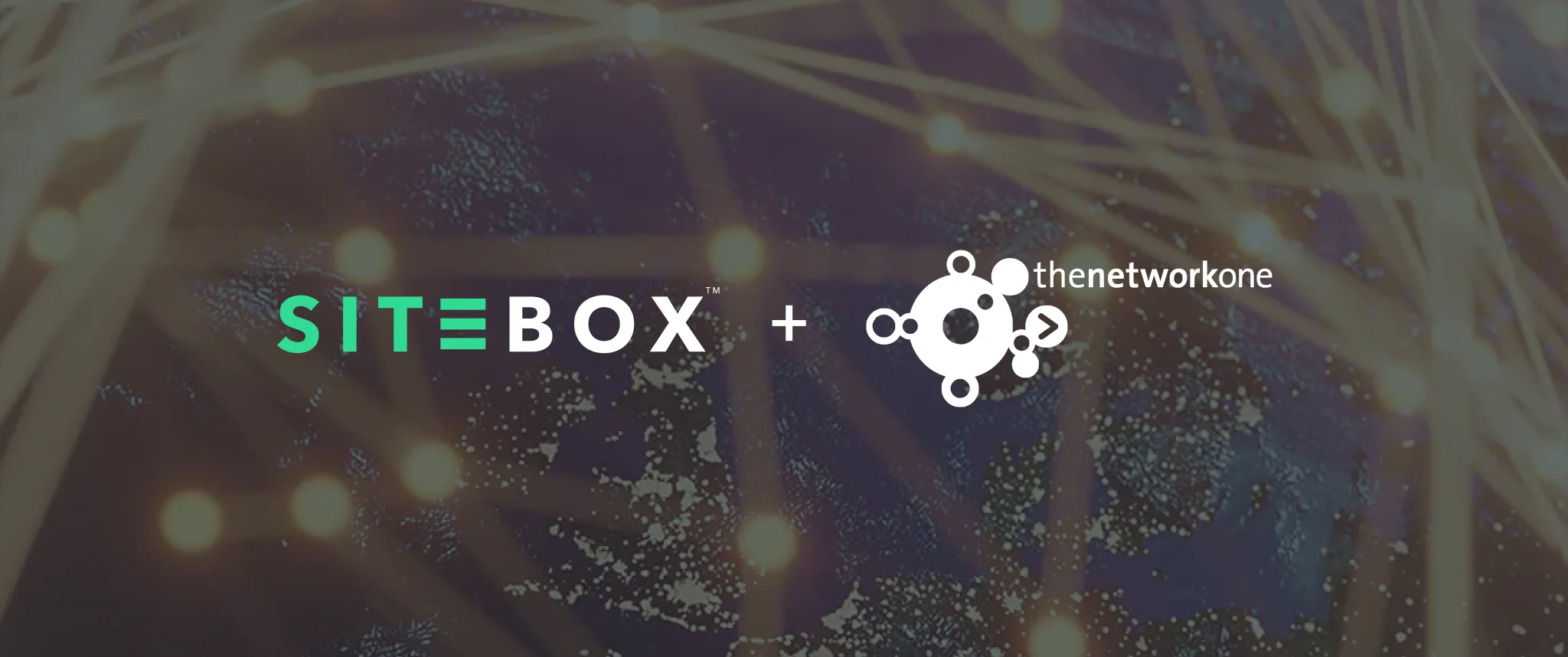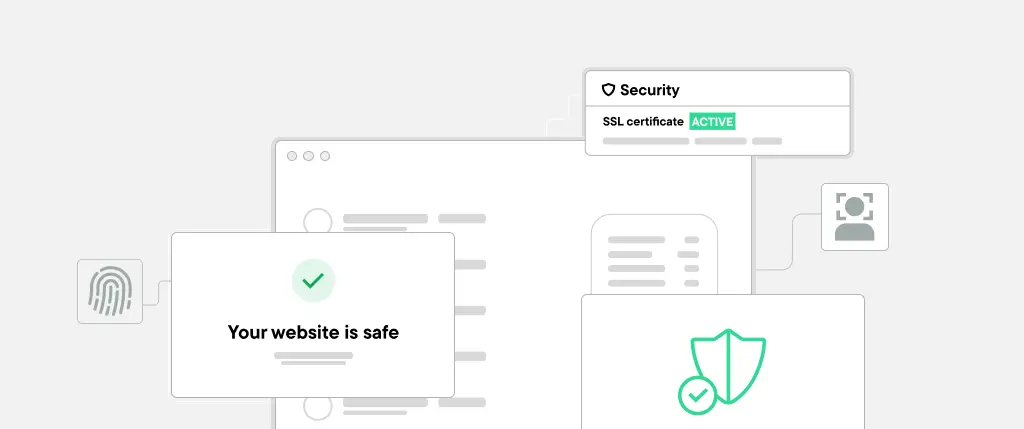As an old adage goes: “you get what you pay for”…
It’s no different when it comes to web hosting. A website – whether for an SME or an enterprise of any size – carries a lot of weight. It is there to best present your services and content; invaluable for winning new business from online window shoppers.
While some starter hosting solutions give the promise of starting up a website from scratch from as little as £20 a month, it will not get you very far. Every facet of hosting – from content building to maintenance – needs to be considered, and performance and security will be compromised when hedging bets on services with cheaper rates.
Let’s take a look into a website’s necessary components, and how WordPress provides a greater web hosting experience for developers and marketers alike.
Why is hosting necessary?
In basic terms, a company website is an attractive feature that gets the basic idea of a company’s services out to the world. But a website is a sum of its parts: the design to provide a great user experience (UX), an insights centre for useful blogs and resources, and a secure content environment well-guarded from cyber-attacks.
Even when all of these factors are considered, a well-hosted website can hold further capabilities as business booms. For instance, the platform would need to be flexible in hosting content across various site instances. Having the ability to utilise developer tools to best manage bugs and maintain a well-oiled library of components would not be available through one-stop-shop hosting services.
Luckily WordPress allows for basics, security standard, and advanced integrations in one place to provide confidence in web hosting, and worthy of some minor investment.
Web hosting – the marketer’s perspective
A CMO would tell you how much of a headache the upkeep of a website can be. That would certainly be accentuated from a cheap hosting provider, but a well supported hosting platform can leverage the power of a site’s content as follows.
Page speed
Loading speed can be a death knell for a website – users are usually turned-off from any site that takes longer than 3 seconds to load a page. But this can be curbed from working smartly, from a UX perspective.
Hosting a website on WordPress allows designers to save their settings, CSS and images in one place, which are easily configurable. Having a consistent design library is not only useful for maintaining a slick identity to site users, but can contributes to a site’s responsiveness when experienced UX designers are at work and not loading the site with lengthy custom code, which can become outdated fast. Caching is a useful way to load pages for the same users in a much speedier way, too.
Search Engine Optimisation (SEO)
A website’s ranking on search engines is an essential thought – a way to reach more eyes. A website’s page speed has a knock-on effect for SEO; Google prioritises websites that load before 2.5 seconds as an industry standard. Clearly where you choose to host your website plays a major part in the success of SEO – a lesser, cheap service would be fruitless in trying to reach your desired audience due to slowed performance.
Content management
When using a Headless architecture through WordPress, it allows the ability to maintain all the raw publishing controls of a website through a CMS, and therefore create a stunning and speedy front-end experience for site visitors without the toil. A cheaper option would not allow for the ability to scale-up the presentation of web content across multiple site instances using a Headless solution, powered by WordPress.
Technical concerns should not be an afterthought
WordPress hosting provides a toolkit for developers to look after the building blocks integral to any website – all of which are prone to bugs or cyber-attacks. But it can also expand the site’s capabilities to take it to the next level of performance.
Security
Large numbers of applications, plugins, integrations and logins all provide grounds for security breaches which a low-cost hosting platform could not prevent against. WordPress can integrate with world-leading security to prevent malfunction, or data centre hazards. Content Network Delivery (CDN) uses static and dynamic caching for fast content delivery and performance, all while preventing DDoS attacks.
Maintenance
There are times when websites can experience hiccups. Upholding the site’s performance is easier through a good hosting platform, where bugs can be identified easily, and plugins and integrations can be managed in a secure environment and refreshed regularly – out of date code can be prone to risk.
APIs
A great hosting platform can utilise APIs effectively. When migrating content these become key tools, as all content managed in a CMS can remain evergreen and ‘pulled’ – or repurposed – onto various site instances.
Don’t go for shortcuts!
Clearly, there should be no compromise when it comes to securely hosting your website, even despite tempting low-cost options out there.
Without breaking the bank, WordPress can provide the tools for headless to build a website in minutes, and help provide enterprise-level infrastructure for maximum speed, performance, and security.
To find out more about hosting on WordPress with SiteBox, or to book a free demo, speak to one of our team.




